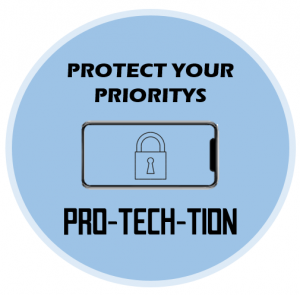Humanities Update – Global Issues Lead To Real World Learning

The past seven weeks of School has presented challenges, but also many opportunities for the students in Humanities subjects. Students in Unit 3 subjects (Year 12 and Year 11 students) adapted very well to the remote learning environment, making use of the technology to collaboratively work with one another to enhance their learning. Their teachers used a variety of technological platforms and programs, but also initiative and diligence to ensure that learning and assessment continued seamlessly for those students, often making use of the contemporary circumstances to augment areas of learning in the online classrooms.
 The real world is at the core of all Humanities subjects and the way in which people, groups and society respond to events, and change the basic focus of all studies. Consequently, it is of no surprise that with many subjects, the current Covid-19 pandemic and responses have been used to enhance understanding in a broad range of subject areas. Mrs Peele’s Year 9 Enterprise and Entrepreneurship students have been developing business models that promoted services and products that operated within the changed market of isolated consumers.
The real world is at the core of all Humanities subjects and the way in which people, groups and society respond to events, and change the basic focus of all studies. Consequently, it is of no surprise that with many subjects, the current Covid-19 pandemic and responses have been used to enhance understanding in a broad range of subject areas. Mrs Peele’s Year 9 Enterprise and Entrepreneurship students have been developing business models that promoted services and products that operated within the changed market of isolated consumers.
In many other Humanities subjects, teachers redesigned courses and learning to encourage students to pursue learning independently and cooperatively with their peers. The Year 7 History students collaborated on Teams and worked independently on a range of self-selected tasks, such as composing music for gladiators, building models of Mount Vesuvius or creating instructional videos on Roman Numerals in their studies of Ancient Rome. Year 8 Geography students researched specific topics relating to Uluru (since they were unable to actually travel there) and taught their peers about this through carefully prepared presentations, allowing students to develop and write essays about the challenges facing Uluru. Ms Neale was able to support students across the Year 8 classes to make use of a number of innovative communication platforms to learn individually and together.
Some parents may have noticed that their daughters in Year 9 were conducting fieldwork in their wardrobes or inspecting labels on clothing, as the Year 9 Geography students worked on a ‘Rana Plaza’ assessment task. This task asked them to analyse the social, economic and environmental impacts of the ‘fast fashion’ industry and consider their role in the supply chain.
The Year 10 students in core and elective Humanities subjects had opportunities to use the remote learning environment to undertake more individualised research in subject areas, but also apply their learning to the real world, such as the Year 10 Globalisation students’ study of the political factors of Covid-19 in different countries. Year 10 Geography students were looking to the future of risk management, applying their knowledge of bushfire risk factors to predict where Victoria’s next destructive bushfire might occur.
The nature of the past weeks of remote learning have in many ways amplified the core business of all the Humanities subjects: encouraging students to critically understand, apply and evaluate the many historical, social, cultural geographical, political and economic factors that contribute to past, present and emerging issues in the real world.




